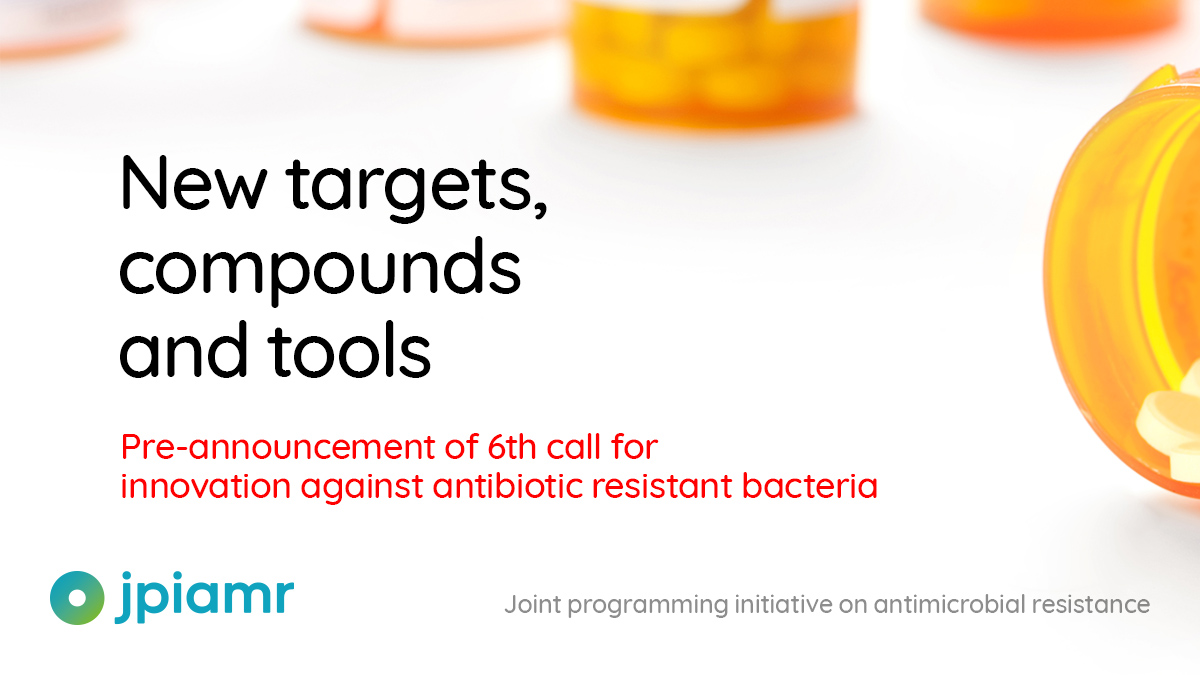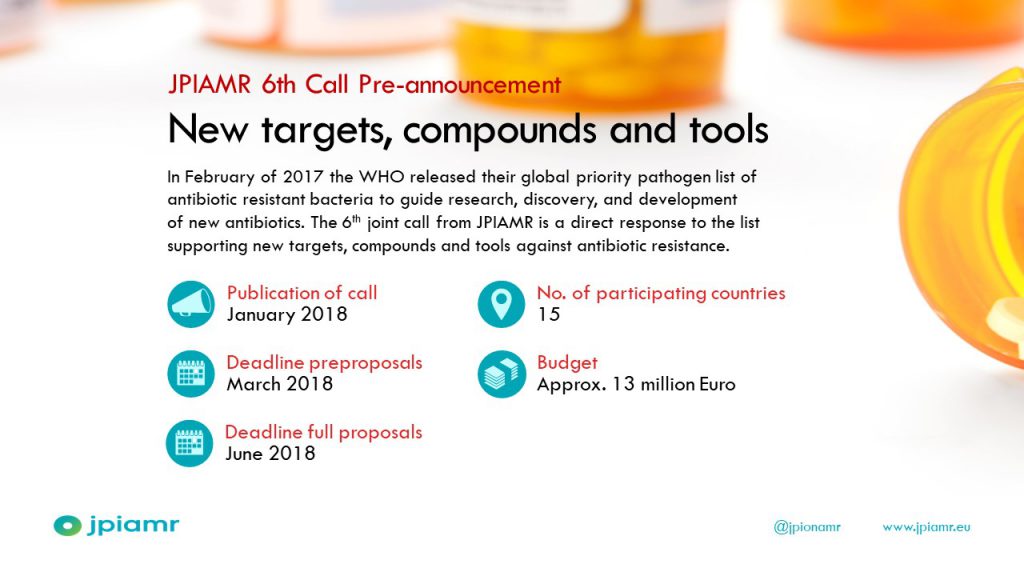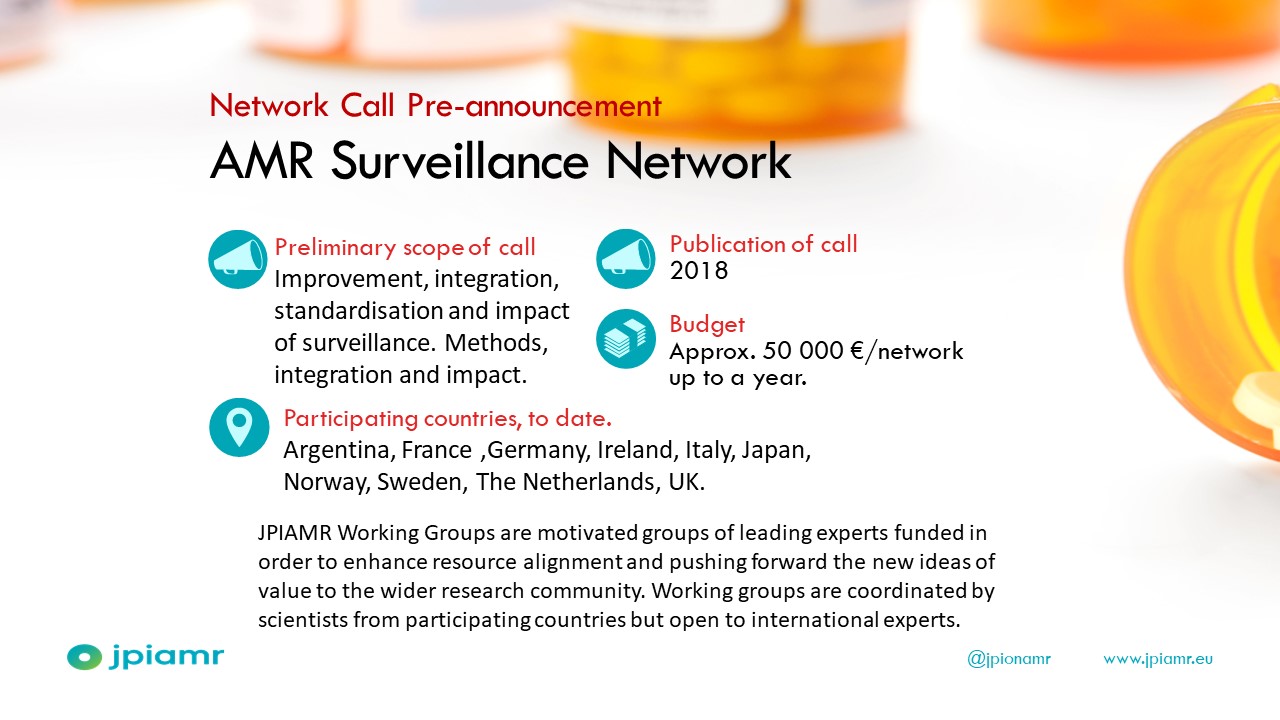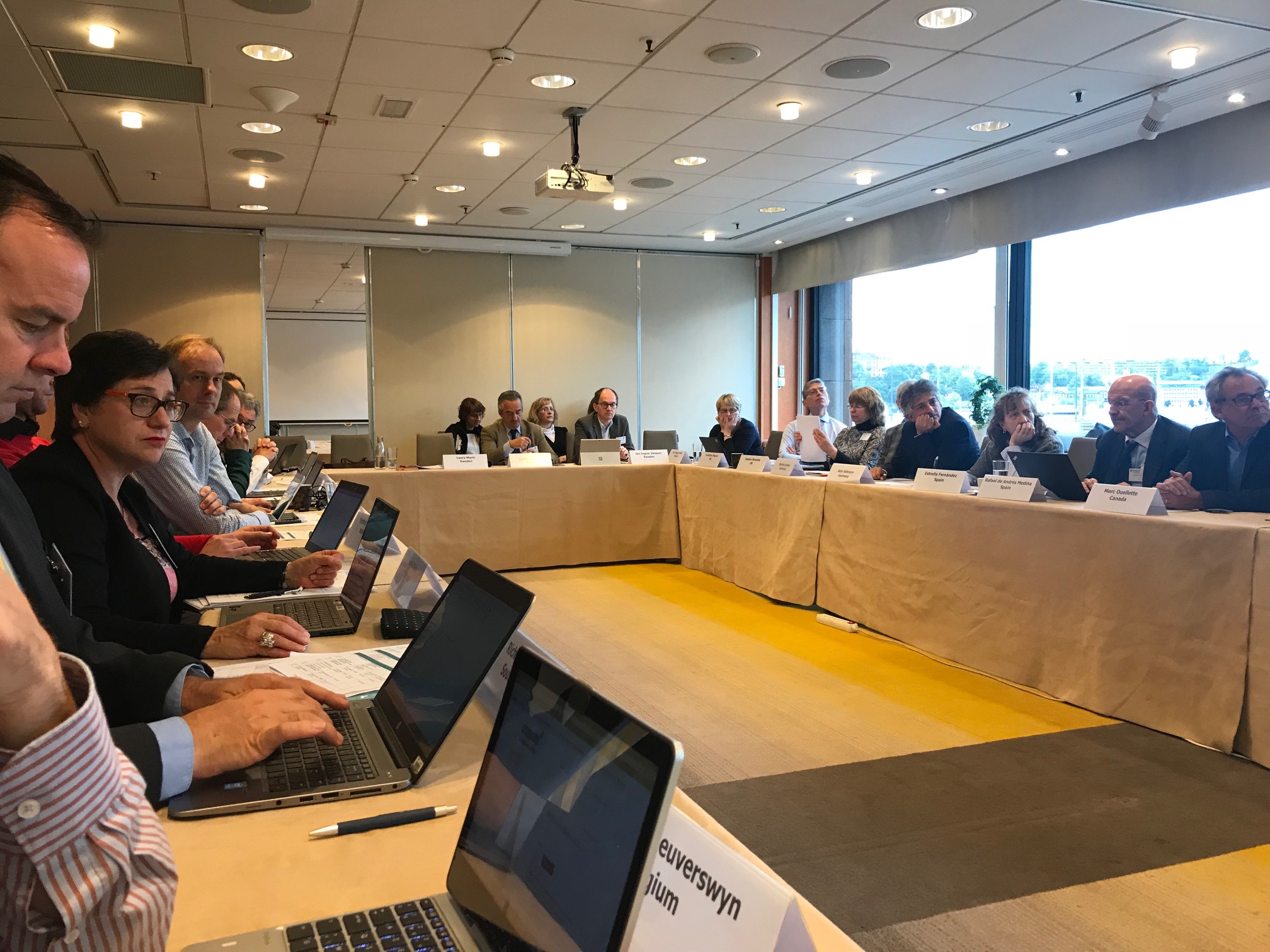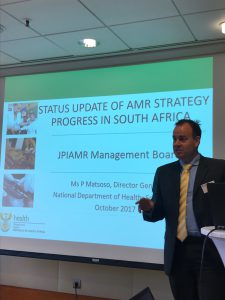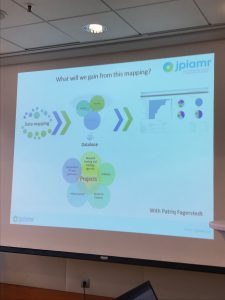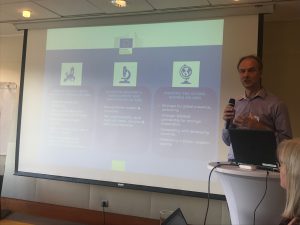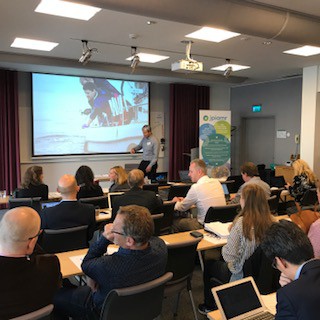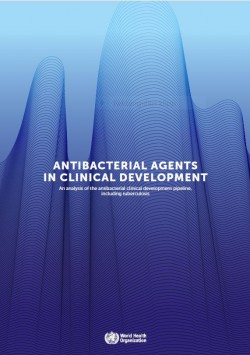We are pleased to announce the results of the JPIAMR 2017 call for transnational research projects “Comparison of prevention, control and intervention strategies for AMR infections through multidisciplinary studies, including One Health approaches”. Within this funding opportunity over EUR 11.5 million have been awarded to 10 projects. Consortia include 47 funded research groups from 11 countries (Canada, Germany, Ireland, Israel, Latvia, the Netherlands, Norway, Poland, Romania, Sweden and Switzerland), and an additional 6 international partners (Czech Republic, Israel, Romania and the USA).
Projects funded in this call have covered topics including One Health interventions for infection control in humans and livestock, transmission to the food chain, and antimicrobial stewardship.
The call was launched in January 2017 by 16 research funding organisations from 15 countries, and attracted 51 consortia applying for nearly EUR 57 million in total, resulting in a success rate of 19.6%.
The final funding decision will depend on national regulations and inspection of the formal proposals by the national funding organisations. Each national funding agency will take a formal decision on the projects to be supported.
Please, download files to view each project awarded with funding.
Download: Results of 5th Call – Table Funded Projects FINAL
Download: Project Summaries for 5th JPIAMR Call
Download:PRESS RELEASE JPIAMR 5th Joint Call FINAL
Contacts
For inquiries regarding the 5th Joint Call, please contact:
Malwina Gębalska
JPIAMR 2017 Call Secretariat
National Science Centre
malwina.gebalska@ncn.gov.pl
Telephone: +48 519 404 997
Jerzy Frączek
JPIAMR 2017 Call Secretariat
National Science Centre
jerzy.fraczek@ncn.gov.pl
Telephone: +48 12 341 9165
For general media inquiries, please contact:
Anders Bjers, Communications Officer JPIAMR.
Telephone: +46 8 546 44 068
E-mail: anders.bjers@vr.se
